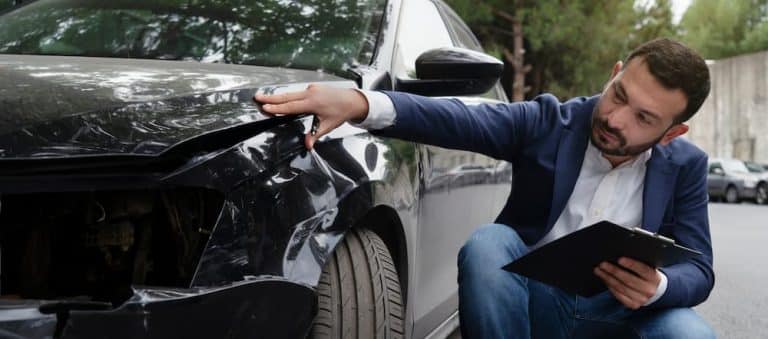When we think about dangerous drivers we often think about drunk, high, or angry drivers. But are they the only potentially unsafe drivers on the road? We don’t think about the risk of someone getting behind the wheel and having a seizure or other medical emergency, but unfortunately it can happen. The ramifications of that can be just as serious as a drunk driver. However, the difference is that an individual makes the decision to get behind the wheel after drinking putting others at risk, and one doesn’t necessarily get behind the wheel expecting a medical problem and losing control of his or her car due to a seizure.
 In early December of 2014 a Denver police officer who was on his bike was seriously injured when a car crashed into him. A recent Denver Post article mentions that responders to the scene concluded that the driver had a seizure and lost control, crashing into the police officer. So, what does this mean for those who have seizures?
In early December of 2014 a Denver police officer who was on his bike was seriously injured when a car crashed into him. A recent Denver Post article mentions that responders to the scene concluded that the driver had a seizure and lost control, crashing into the police officer. So, what does this mean for those who have seizures?
Colorado Law Regarding Medical Conditions and Driving
Colorado has somewhat liberal laws when it comes to driving and medical conditions that could affect a person’s ability to drive. Nothing in Colorado’s laws requires that those with epilepsy, seizures, or other physical or mental conditions which could impact their ability to drive, report those conditions to the DMV or Department of Revenue. However, the Department of Revenue is allowed, when a person applies for a driver’s license to request a written medical opinion regarding the individual. The medical opinion may be used to renew, suspend, revoke, or cancel an individual’s driver’s license. The department can only seek a medical opinion when they have reason to believe that the driver is physically or mentally unable to operate a vehicle safely. If the department finds for any reason that a driver is unable to operate a vehicle because of physical or mental incompetence, they can cancel or deny the reissuance of a driver’s license. If they do so, the individual must surrender his or her license, but the driver can appeal such denial within a specified amount of time.
Additionally, a physician can provide the department with a written medical opinion, but the doctor is not required to inform the department of a patient’s physical or mental conditions which could impair his or her driving. In 2014, the Colorado legislature tried to require that doctors must report when a patient has seizures and/or other medical conditions to the Department of Revenue. However, House Bill 14-1068 was indefinitely postponed during that year’s session, and did not become law.
Things to Consider
Colorado law does not require individuals who suffer from a seizure to refrain from driving for any amount of time. However, you should always check with your doctor regarding driving if you suffer from epilepsy or seizures. If the DMV is aware of your diagnosis of epilepsy or seizures, they may request periodic medical updates. Other states have different requirements than Colorado, including a set period of time where you must be seizure free and possible annual medical evaluations. You should check those state laws before driving. For more information regarding epilepsy and driving, check out the Epilepsy Foundation’s website.
According to the National Highway Traffic Safety Administration if you have had seizures you should consider the following before returning to driving:
- The cause of your seizure;
- The type of seizure you typically have;
- State laws in which you hold your driver’s license; and
- How long has it been since you had a seizure that affected your awareness.
If seizures or epilepsy are affecting your ability to drive, remember there are many other means of transportation including buses, taxis, light-rail, walking, and getting rides from friends and family. The Team at McDivitt Law Firm reminds everyone to be safe in making decisions when getting behind the wheel.



